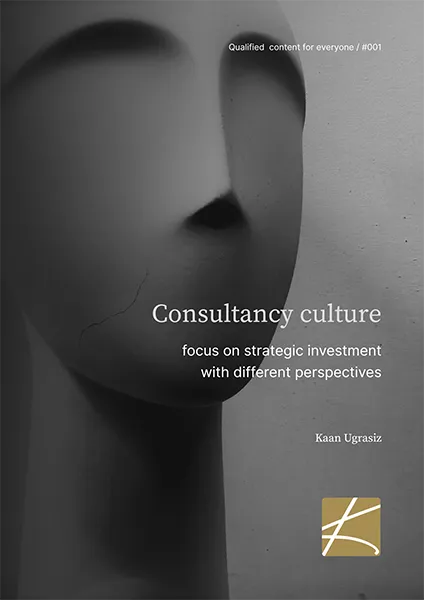The way business is conducted in family businesses and the relationships between those involved are more intertwined and complex than in established companies. Therefore, it’s more difficult for an external consultant to integrate into the family business structure than in established or institutionalized companies.
The emotional and closed structure is one of the most significant factors hindering this penetration.
When family members do not separate their personal and professional lives, they are less willing to share the company’s internal dynamics and internal problems with the outside world.
Emotional ties make it difficult to make objective decisions and be open to external suggestions; therefore, implementing these suggestions is more difficult in family businesses.
In most family businesses, one or a few family members have a say in management, and engaging outside consulting services can be perceived as a threat to the authority and control of family members in management positions.
Older managers, particularly those in the senior generation who have witnessed the challenging times from the company’s founding to its current state, tend to be more reticent to accept external intervention in decision-making.

Experience-related resistance
Approaches like we’ve been doing it for years or if it ain’t broke, don’t fix it are quite common and frequently heard in family businesses. This manifests itself in a commitment to tradition over innovative and more professional management approaches.
Change comes with a bit of uncertainty, and habits provide a comfort zone, so older family members find it more difficult to change than the younger generation.
Family businesses have a strong tendency to resolve emerging issues internally and among themselves, and many family members working in the company believe they don’t need institutional consulting.
The primary reason for this is that concepts like institutionalization and professionalization are often insufficiently understood by individuals in direct management positions without prior experience in other companies.
The individual or organization providing consulting services should have a clear contact within the company they’re consulting with and share the process and progress with them. However, because roles and responsibilities in family businesses are often unclear, crucial issues like who the consultant will work with and who will be responsible for the consultant’s progress remain unclear, leaving the consulting process ineffective or even without a proposal.
The prejudice that develops due to the emotional bond established with the company reinforces the belief among family members that an outside consultant will not adequately understand the company’s values and will prioritize their own interests.
How will they know our business? We know how to run a company. I don’t take anyone’s word for it, and we don’t consider seeking outside support.
This can be attributed to intense emotional attachments, a fear of losing power and control within the family, resistance to change, and a lack of institutional awareness. Overcoming these obstacles and pursuing business professionally, not emotionally, is the first step family businesses can take toward sustainable growth and institutionalization.
Seeking consulting is not a threat to family businesses, but a long-term step toward success, enabling them to take their business to the next level, foster growth, and seize professional opportunities.

Download e-paper for free: You’re going to find these topics in this document:
- What is consultancy and “not”?
- The foundations of a concultancy culture
- How does consulting affect business culture?
- Approaches to consulting culture
- Why companies avoid seeking consultancy?
- Consultancy as a “comfort zone” threat
- Reducing reluctance and resistance to consulting
- The cost of getting consultancy and hiring a consultant
- What are the factors affecting consultancy fees?
- Reluctance to seek advice in the family biz






